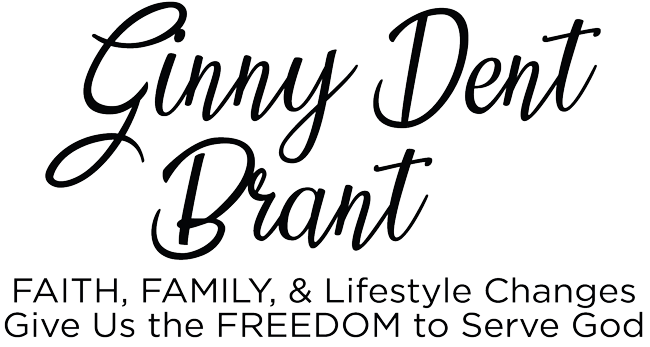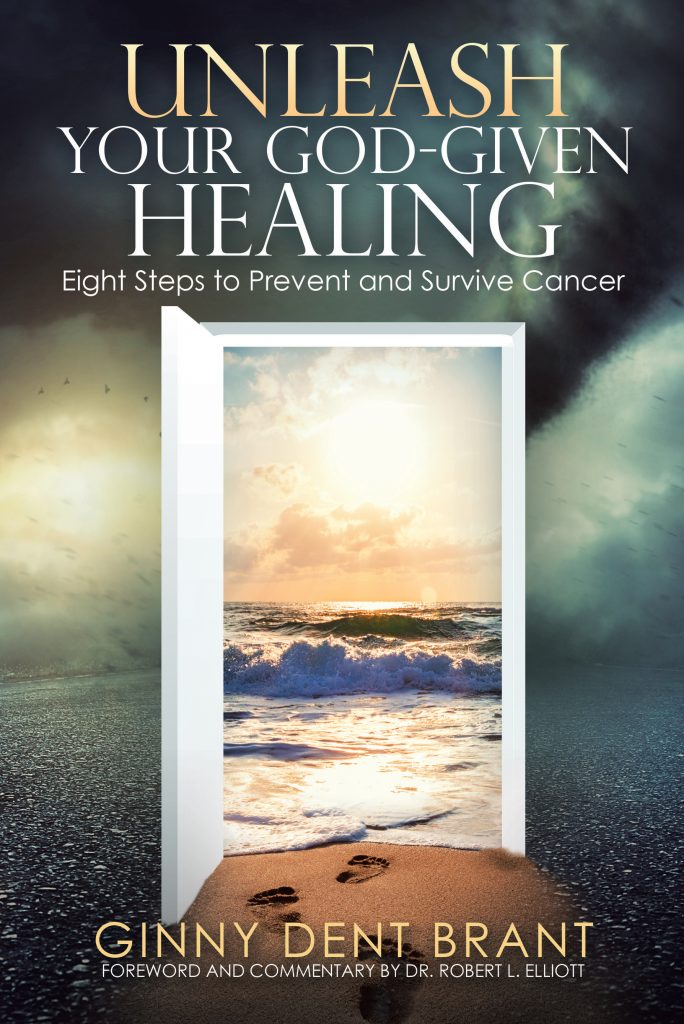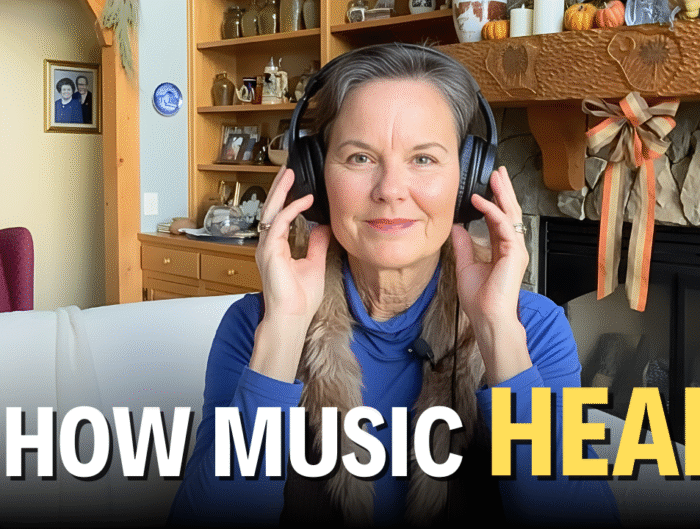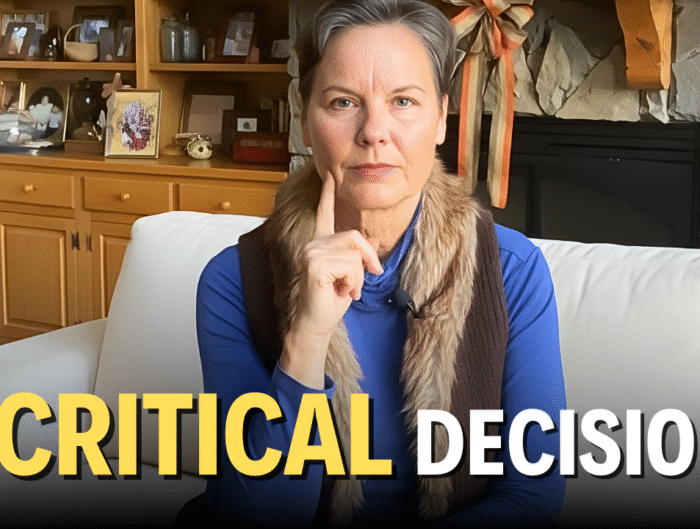No one ever wants to hear the words, “You have cancer.” A cancer diagnosis is devastating news that sends a cascade of immunosuppressive emotions such as anxiety, anger, stress, fear, and denial throughout your body. The cancer journey involves many difficult decisions, numerous emotions, a roller coaster of ups and downs, and lots of twists and turns. The following are three things you should do after you’ve been diagnosed to help you navigate the difficult road ahead.
Manage your stress.
Whether it’s taking a walk, singing, dancing, Pilates, or yoga, you must manage the cascade of immunosuppressive emotions if you want to keep your body in a position to heal. The first thing I did after receiving the unwelcomed news was to find comfort in my husband’s arms. He hugged me tight and prayed over me. Then we both went for a long walk. Walking is a great way to relieve the stress of the cancer journey. I used it as a daily routine even after surgery and before and after chemotherapy. In addition, it ups your T cells that are a part of your immune system and it pumps your lymphatic system that takes the trash out of your body. Laughter also helps to reduce stress. For some reason, I giggled a lot during my cancer journey. Things were somehow funnier!
Get a second opinion.
I strongly advise you to find a cancer center that specializes in your cancer type and seek a second opinion—especially if you have a rare, stage 3-4, or aggressive cancer. This may mean you have to drive or get on a plane. Secure a cancer center that is on the cutting edge of cancer and has clinical trials related to your diagnosis. Sometimes, a third opinion may be necessary.
Be your own best advocate.
Research, ask questions, pray to God for guidance, and talk to other patients who’ve beaten your same cancer. The first thing my husband did after I’d received the cancer news was lay his hands on me and pray for God’s healing and guidance. I can assure you that God provided both. Wait for complete pathology results before you take action. Double-check all important tests to verify that your name and date of birth are on all tests and not someone else’s. Mistakes can happen. I’ll never forget the day I was told at age 22 that a blood test indicated that I might have leukemia. After drilling into my hipbone, the results proved my blood was fine. A closer look at the blood work revealed that the testing tubes were switched. Imagine having to go back to the other person and tell them further tests are now needed on them. Although rare, always check.
I get much of my information from the Mayo Clinic, MD Anderson, Googling medical research, and the National Cancer Institute. The National Cancer Institute is where you can search for clinical trials in your cancer type.
Research clearly shows that cancer patients who take the bull by the horns by managing their emotions, getting second and even third opinions if necessary, and those who are their own best advocates and conscientiously research do better than those who don’t. One book I can recommend is Radical Remission by Dr. Kelly Turner. It shows how those cancer patients who are actively involved and take part in their own cure by managing their stress, emotions, and lifestyle increase their chances of survival. My book Unleash Your God-Given Healing also gives practical and research-backed information on lifestyle changes that prevent cancer, get you through the treatments, and prevent a recurrence.
What books and databases have you found helpful?
For Your Health,

 Ginny Dent Brant is a speaker and writer who grew up in the halls of power in Washington, DC. She has battled cancer, ministered around the world, and served on the front lines of American culture as a counselor, educator, wellness advocate, and adjunct professor. Brant’s award-winning book, Finding True Freedom: From the White House to the World, was endorsed by Chuck Colson and featured in many TV and media interviews. Unleash Your God-Given Healing: Eight Steps to Prevent and Survive Cancer was released in May 2020 after her journey with cancer and was recently awarded the First Place Golden Scrolls Award for Memoirs, and Second Place in both Selah Awards for Memoirs and Director’s Choice Award for Nonfiction at the Blue Ridge Mountain Christian Writer’s Conference. It recently received the Christian Authors Network’s (CAN) Gold Award for Excellence in Marketing for reaching 62.5 million people with a message of cancer prevention and survival. It was written with commentary from an oncologist and was featured on CBN’s Healthy Living Show, Atlanta Live, and CTN’s Homekeepers along with over 75 media outlets. Learn more and cancer and wellness prevention blog and book information at
Ginny Dent Brant is a speaker and writer who grew up in the halls of power in Washington, DC. She has battled cancer, ministered around the world, and served on the front lines of American culture as a counselor, educator, wellness advocate, and adjunct professor. Brant’s award-winning book, Finding True Freedom: From the White House to the World, was endorsed by Chuck Colson and featured in many TV and media interviews. Unleash Your God-Given Healing: Eight Steps to Prevent and Survive Cancer was released in May 2020 after her journey with cancer and was recently awarded the First Place Golden Scrolls Award for Memoirs, and Second Place in both Selah Awards for Memoirs and Director’s Choice Award for Nonfiction at the Blue Ridge Mountain Christian Writer’s Conference. It recently received the Christian Authors Network’s (CAN) Gold Award for Excellence in Marketing for reaching 62.5 million people with a message of cancer prevention and survival. It was written with commentary from an oncologist and was featured on CBN’s Healthy Living Show, Atlanta Live, and CTN’s Homekeepers along with over 75 media outlets. Learn more and cancer and wellness prevention blog and book information at 





